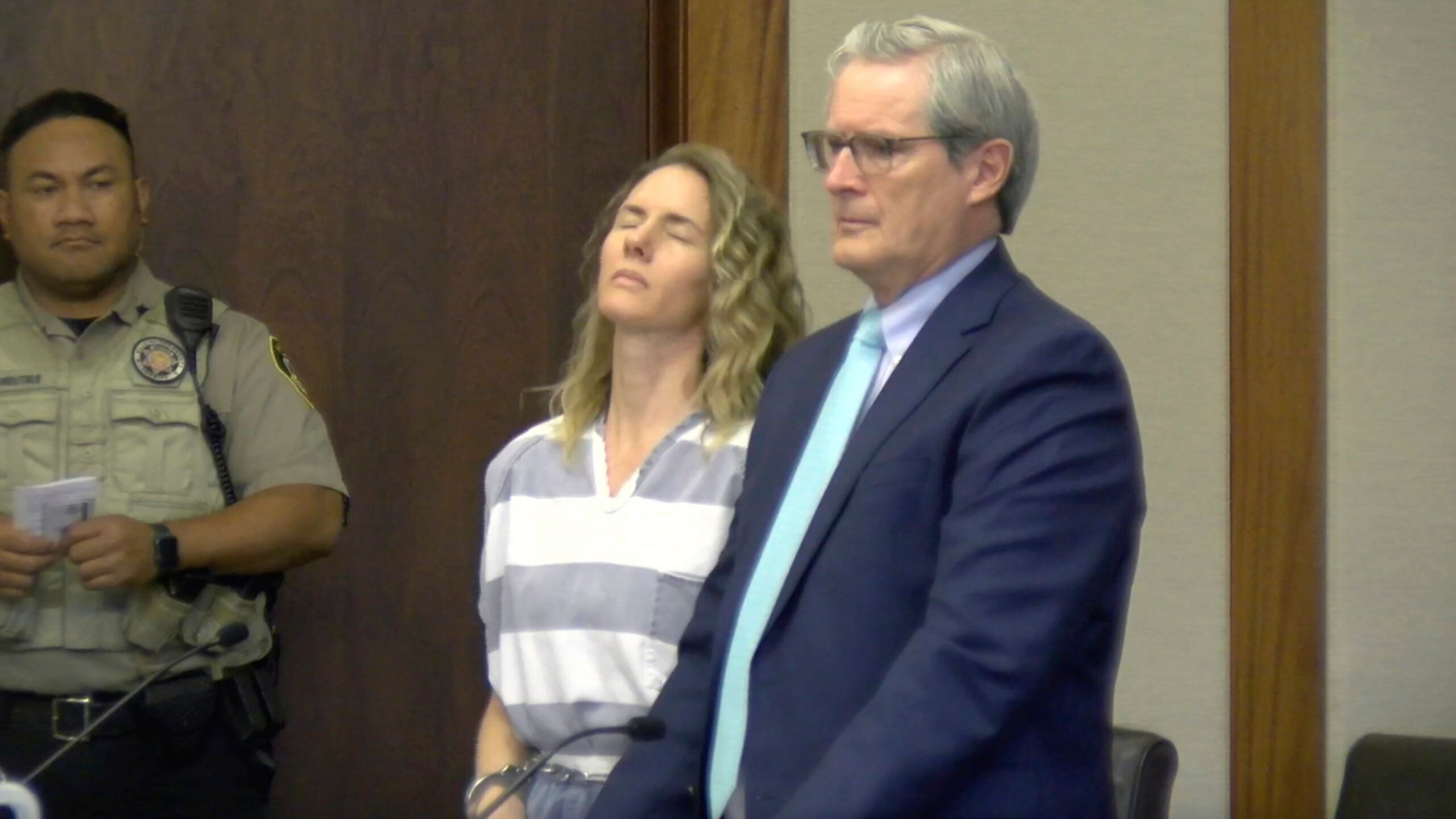State lawmakers are considering a new law that would make it easier to charge drug dealers with endangering their children.
The author of the bill, state Rep. Steve Doyle (D-Onalaska), says making it a crime to expose children to illegal drug activity will give judges and prosecutors another card to play when sentencing drug dealers.
“So we’ve got a person who faces a possession charge and now also a separate charge relating to child endangerment. That gives a lot more leverage to the [district attorney] and to the judge,” Doyle said. “For example, you could put them on probation on one charge and sentence them on the other charge, so you’ve got an extra hammer over their head.”
Stay informed on the latest news
Sign up for WPR’s email newsletter.
The original version of the bill would have made it easier for courts to order child protection services for children who have suffered emotional damage because of their parent’s drug activity. At a public hearing last week, Barb Grob, a foster parent from La Crosse County, said she’s had personal experience with a child who who needed that kind of help. She fostered him while his father was in jail on drug charges.
“He was 10 years old, weighed 50 pounds, had not had his vaccinations from kindergarten, yet. He had eight cavities, so obvious signs of neglect from the drug use in his home,” Grob said. “We’d go to different events. He would eat food off the ground. He’s going to be part of the system, and we need to change that.”
The bill’s authors say they have removed language that would have required the Department of Children and Families to expand the definitions of child neglect to include exposure to drug activity. But it’s possible separate legislation may be drafted to do just that. DCF officials say that will require additional funds, because it could increase the number of children eligible for protective services.
Wisconsin Public Radio, © Copyright 2024, Board of Regents of the University of Wisconsin System and Wisconsin Educational Communications Board.





